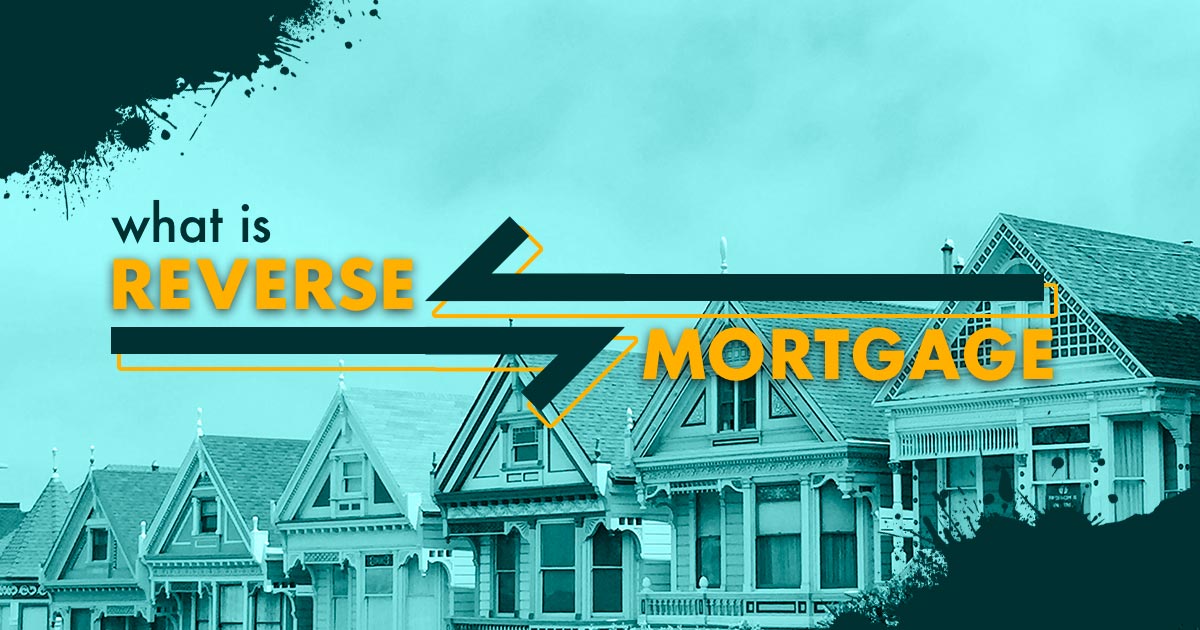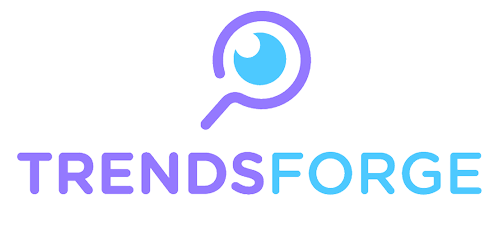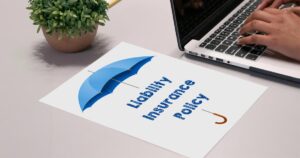What is a Reverse Mortgage, Exactly?
A reverse mortgage can be the solution for you if you’re 62 years or older, own a home and are looking at your options for income in retirement. This financial tool allows you to convert equity in your house into ready cash without having to make fixed or monthly payments.

How Do Reverse Mortgages Work?
Normally, homeowners start with a typical mortgage and pay the lender each month. With a reverse mortgage, however, the lender pays you back over time – slowly building its stake in the home’s ownership as it does so. You still own the place, and the loan gets repaid when you sell it or die.
Types of Reverse Mortgages
- Single-Purpose Reverse Mortgages: Offered by local government agencies or nonprofits for specific needs.
- Home Equity Conversion Mortgages (HECMs): Federally insured and backed by HUD; they account for 90% of all reverse mortgages.
- Proprietary Reverse Mortgages: Offered by banks or private lenders that allow homeowners with higher-value homes to borrow more money
Reverse Mortgage Advantages
- Nothing has to be paid back until you die, sell your home or permanently move out of it.
- Multiple payout options: You can take funds as monthly payments, set up a line of credit that grows over time or takes some combination
- Known as “modified tenure”
- Anything short of taking all the proceeds at once.
- The money from reverse mortgages is tax-free.
- There’s no minimum income requirement to qualify.
- Social Security and Medicare benefits aren’t affected because withdrawals aren’t considered income.
- You retain title to your home.
- After the loan is repaid, any remaining equity belongs to you or your heirs.
Reverse Mortgage Disadvantages
- You must be at least 62 years old.
- Counseling is required.
- Interest compounds monthly; therefore, debt increases over time (this is by design).
- Fees can be as much as 2% of the home’s value or $10,000, whichever is higher.
- The loan balance might exceed the home’s value, which can cause problems for you or your heirs.
- Monthly servicing fees (average around $30) can eat into residual equity over time.
- Interest rates and borrowing limits are subject to change annually; currently capped at about 5.25%.
- Failure to maintain house insurance, pay property taxes or otherwise comply with loan terms could result in default.
- Insurance premiums: 2% upfront (if more than 60% of the principal limit is used in the first year); then 0.5% annually thereafter.
Considering a Reverse Mortgage
There are pros and cons to reverse mortgages — some may make sense for certain people in retirement but not others. It is important to assess your financial situation and long-term goals before making any decisions. Seek advice from a trusted financial advisor who specializes in retirement planning so that they can help guide you through this process.
Additionally, it may be necessary for you to revise your will if there are any concerns about how this type of loan could affect inheritance plans.
In conclusion
A reverse mortgage may be a useful tool for retirees hoping to tap into their home equity – however, it’s essential to understand the jargon, consequences and options surrounding them. Do thorough research and speak with professionals before deciding if one would work well with your estate planning needs or retirement goals.






